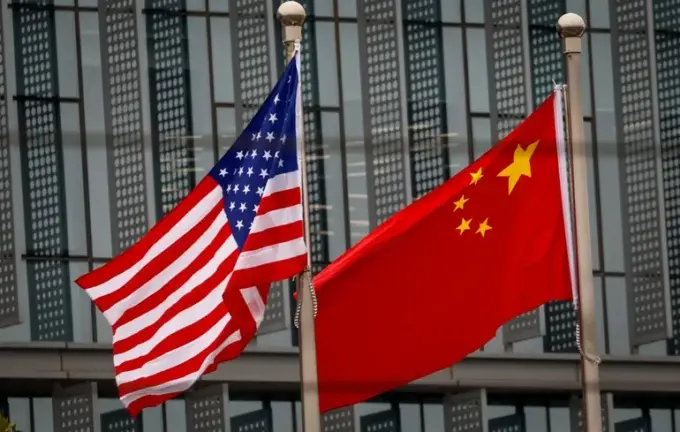US and China Establish New Communication Channels to Prevent Military Conflicts

Tensions continue to mount between the world’s two largest economic powers — the United States and China.
Currently, their leaders are seeking to avoid escalation by establishing direct and reliable military communication channels.
US Defense Secretary Lloyd Austin announced that this initiative aims to prevent misunderstandings that could lead to unexpected military conflicts and to facilitate de-escalation of tensions regionally and globally.Austin stated that negotiations have already taken place, and both sides agreed to create a direct line of communication enabling military units to coordinate actions swiftly in crisis situations.
This channel is expected to help avoid accidental conflicts at sea and in the air, promoting more stable and transparent relations between the two superpowers.Beyond technical measures, this serves as a sign of mutual trust and diplomatic efforts to resolve contentious issues peacefully.
Austin noted that detailed discussions on the operational aspects of these channels are ongoing.
Both nations are working to finalize all specifics for an effective launch.Additionally, on this same date, Austin called on Southeast Asian countries to increase maritime cooperation to counter China’s growing assertiveness in the South China Sea.
This is another move signaling US intent to address regional security threats.Meanwhile, in Kuala Lumpur, US and Chinese defense officials, Lloyd Austin and General Zhou Jun, discussed bilateral relations and future cooperation.
Their meeting followed the US-China summit where President Trump and Xi Jinping agreed on a trade truce involving tariff reductions and expanded economic dialogues.Although the negotiations concluded without conflicts, experts remain skeptical about the sincerity of this détente, viewing it more as tactical maneuvering amid ongoing global influence battles.
This development highlights the complexity of contemporary international politics, where words of peace often mask deeper strategic rivalries.

